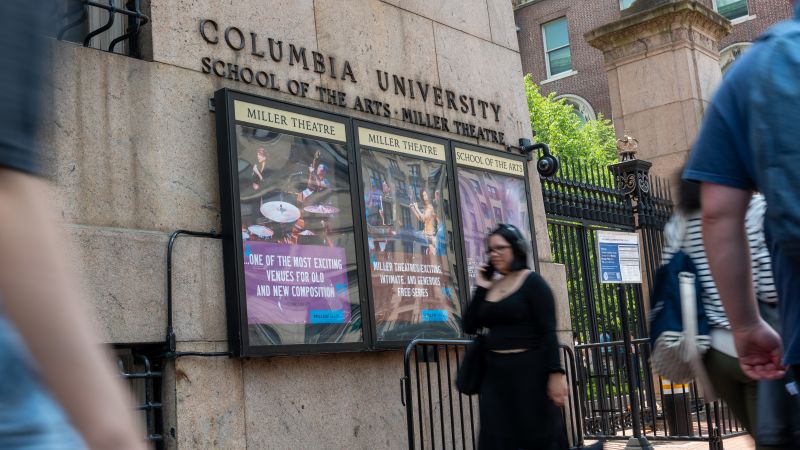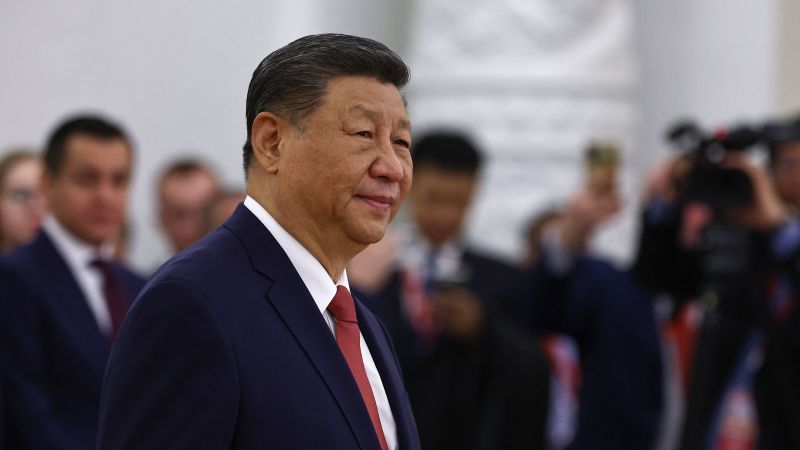CIA Report Raises Doubts Over 2016 Election Interference Investigation: Did Intelligence Agencies Get It Wrong?

A newly declassified CIA memo is sending shockwaves through Washington, D.C., raising serious questions about the thoroughness and objectivity of the investigation into Russia’s alleged interference in the 2016 U.S. presidential election. The memo, released on Wednesday, reportedly challenges key conclusions drawn by intelligence agencies regarding Russia's intentions and the methods used to influence the outcome of the election.
For years, the prevailing narrative has been that Russia actively sought to undermine the democratic process and tilt the election in favor of Republican candidate Donald Trump. This narrative has been supported by previous intelligence assessments and reports, leading to significant political fallout and ongoing tensions between the U.S. and Russia.
However, the CIA memo casts a shadow of doubt on this established understanding. According to sources familiar with the document, it highlights methodological flaws and potential biases in the way intelligence was gathered and analyzed. Specifically, the memo reportedly questions the reliance on unverified sources and the interpretation of certain intelligence data.
What are the key concerns raised in the memo?
- Reliance on a Single Source: The memo reportedly points to an over-reliance on information provided by Igor Danchenko, a Russian-born analyst who contributed to a controversial dossier detailing alleged links between Trump and Russia. Danchenko has been accused of providing inaccurate and potentially fabricated information.
- Questionable Data Interpretation: The CIA memo apparently scrutinizes how intelligence agencies interpreted data related to Russian cyber activity and social media campaigns, suggesting that alternative explanations were not fully explored.
- Potential for Bias: Concerns have been raised about the possibility of political bias influencing the interpretation of intelligence findings, particularly given the highly charged political atmosphere surrounding the 2016 election.
What are the potential implications of this report?
The release of this memo has triggered a fierce debate about the integrity of the Russia investigation and the role of intelligence agencies in shaping public opinion. Critics argue that the memo validates long-held suspicions that the investigation was politically motivated and lacked sufficient rigor. Supporters of the original findings, however, maintain that the memo does not invalidate the broader conclusion that Russia interfered in the election, even if some aspects of the investigation could have been improved.
The timing of the memo's release is also significant, coming amidst ongoing discussions about election security and the need for greater transparency in intelligence operations. It is likely to fuel further scrutiny of the Russia investigation and potentially lead to calls for a more independent review of the events surrounding the 2016 election. The impact on US-Russia relations remains to be seen, but this development undoubtedly adds another layer of complexity to an already fraught relationship.
This report is a crucial reminder of the importance of critical evaluation and independent oversight when dealing with sensitive intelligence matters that have profound implications for national security and democratic processes.





